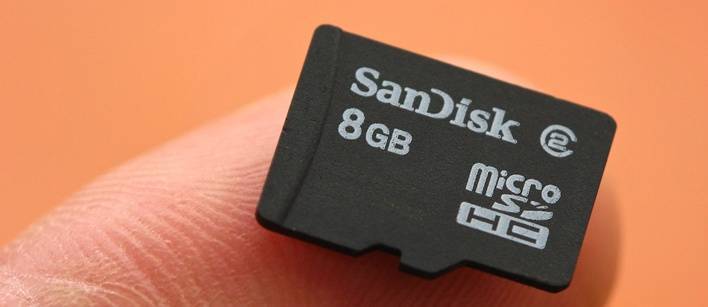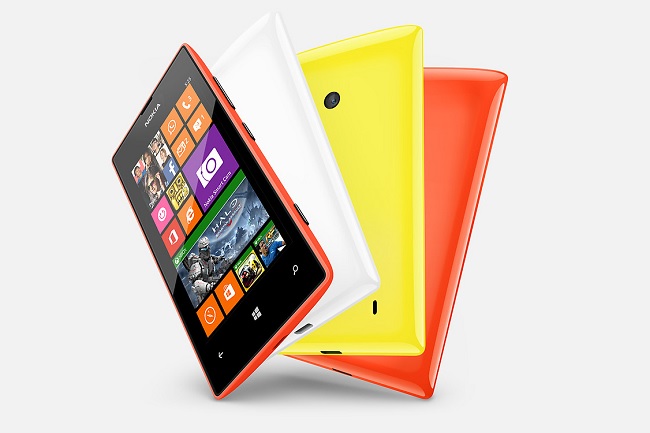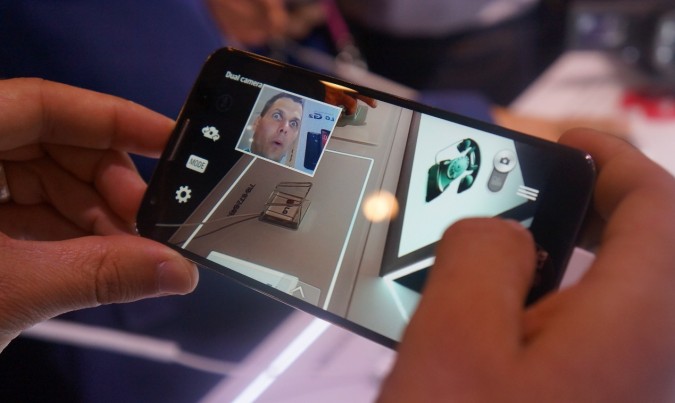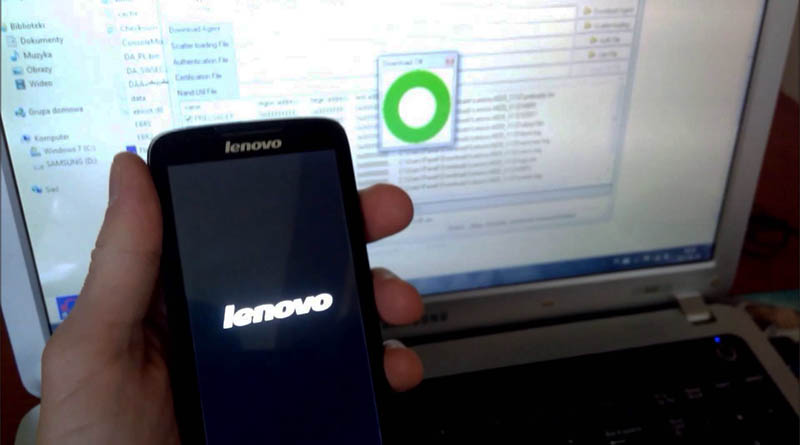Interesting facts about the phones
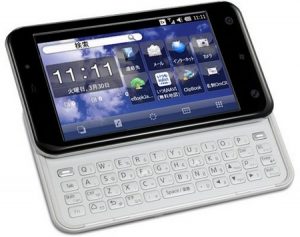 Mobile phones have changed the world – there is no need to prove such an obvious fact. The way of communication has changed, and the very concept of “being in touch” has undergone a significant change: most people stay in touch 24 hours a day – thanks to small calling devices without wires. The facts described below only prove how much the world has changed after the massive introduction of mobile phones into our lives – so much so that we didn’t suspect.
Mobile phones have changed the world – there is no need to prove such an obvious fact. The way of communication has changed, and the very concept of “being in touch” has undergone a significant change: most people stay in touch 24 hours a day – thanks to small calling devices without wires. The facts described below only prove how much the world has changed after the massive introduction of mobile phones into our lives – so much so that we didn’t suspect.
Interesting facts about the phones
1. There are many
Worldwide, there are about 3.3 billion well-functioning mobile phones. Think about this monstrous figure – there are only half as many calling devices as the population of the world. If we consider that not all of humanity uses mobile phones, but only its adult and most active part, then for every 100 people there are 158 working mobile phones. Bust!
2. The planet is in danger
125 million mobile phones per year are sent straight to the trash. No, they do not fail, but only bother their owners, who are not averse to changing their former pet to something new and fashionable. Given the speed with which humanity parted with their favorite toys (Koreans, for example, change mobile phones every 11 months), soon we will have to face the problem of recycling. The environment is polluted on a scale that is hard to imagine: just think what a half-life phone is like with a regular phone.
3. Mobiles will soon replace bulletins
Tiny Estonia, unexpectedly for the world community, has become a leader in introducing advanced technologies in the process of exercising the constitutional right to choose. Simply put, now any voter can vote for a candidate he likes using a mobile phone. On the one hand, it facilitates the voting process, and on the other hand, the process of identification of the voter’s identity. The era of “mobile voting” can be officially considered open.
4. Koreans are hooked on sms
According to statistics, a Korean teenager sends about 20,000 text messages a year from her mobile phone (about 60 sms per day). According to other data, about 30% of Korean students already send about 100 messages a day. And when do they only have time to study?
5. The first mobile phone appeared in 1983
Surprised? Yes, the era of cell phones began exactly 25 years ago: it was then that the Motorola DynaTAC 8000X went on sale.
6. Mobile flashlight
According to studies, more than half of cell phone owners use the backlight of the device as a flashlight.
7. Mobile as a bully weapon
With the help of a mobile phone, you can frighten its owner. At least in England, the number of threats sent via text messages is steadily increasing. SMS threats are “good” because you can bully a victim all day and night: most people’s mobile phone is always on.
8. Mobile phone as anti-terrorism sensor
Using semiconductor radiation background sensors, scientists from Purdue University are working to create a network of cell phones with special settings that can detect the presence of radioactive materials. Since the targets of terrorist attacks most often become the centers of cities with large crowds of people, and the majority of citizens have mobile phones, the idea of scientists looks more logical. A system for detecting radioactive materials using a mobile phone network (if it is created and launched) will effectively prevent possible terrorist attacks by the inhabitants of megalopolises.
9. Mobile phone as a means of preventing disasters
Strange as it may seem, mobile phones are most often not needed for gentle cooing with a sweetheart, and not even for business negotiations with a client. They become most useful in case of danger or natural disasters – when there is no stationary phone at hand, and it is extremely necessary to call and call for help. In many countries, mobile phones are used as notification media: operators automatically send out alerts to subscribers about disasters, approaching earthquakes, storms, etc.
10. Mobile literature is a new trend in the book market.
Only the Japanese could come up with this: write a book with a mobile phone and put the entire book industry on their ears. Novels, written in such an extravagant way, instantly became popular and brought pioneering writers huge profits. Other young authors reached for the pioneers in the hope of an easy income. I must say that mobile literature is still at the peak of popularity: five out of ten of the best-selling books of 2007 were written on the screen of a cell phone. The authors of such fiction, if I may say so, are mostly young women who base the plot of the novel on real events of their own lives.
